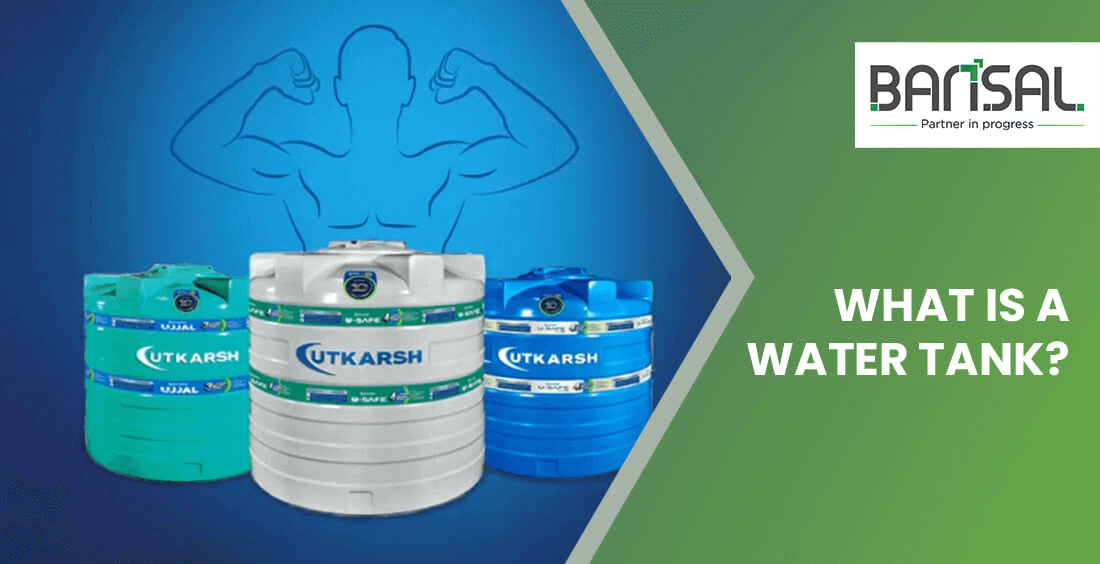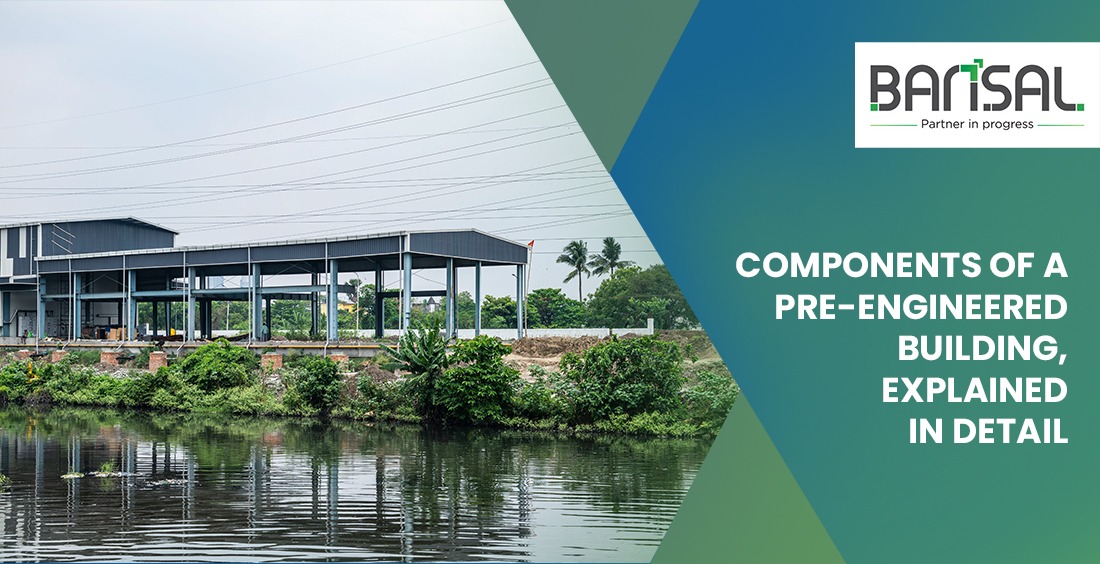
Common Water Tank Problems and How to Fix Them
Posted on: Aug 14, 2025
Choosing the best water tank in India is a great start to ensuring a safe and steady water supply—whether at home or in a commercial space. But even the most durable tanks can face issues over time. Improper maintenance, poor installation, and environmental factors can all take a toll.
The good news? Most water tank problems can be fixed easily if you know what to look for. Let’s break down the most common issues, their causes, and practical solutions to keep your water clean, fresh, and safe.
1. Algae Growth Inside the Tank
The Problem:
If sunlight seeps into your tank, it can encourage algae growth—a green, slimy layer that makes water taste and smell unpleasant.
The Fix:
- Choose a UV-protected, food-grade drinking water tank.
- Always keep the lid tightly closed (a threaded lid works best).
- Clean the tank at least twice a year with a safe disinfectant.
2. Cracks or Leaks
The Problem:
Cracks often appear due to poor installation, pressure on the tank, or manufacturing defects, leading to water wastage.
The Fix:
- Use a sealant made for plastic or polymer tanks for small cracks.
- For major damage, replace it with the best water storage tank in India for long-term reliability.
3. Foul Smell or Bad Taste
The Problem:
Bacteria, stagnant water, or debris can give your water an unpleasant smell or taste.
The Fix:
- Flush and clean the tank regularly.
- Install a water filtration system to block impurities.
- Use only food-grade tanks to avoid chemical contamination.
4. Sediment Build-Up
The Problem:
Over time, dirt and debris settle at the bottom, affecting water quality and clogging pipes.
The Fix:
- Schedule professional cleaning every 6–12 months.
- If you use rainwater harvesting, install a first flush diverter to block debris.
5. Overflow and Spillage
The Problem:
A faulty float valve or neglecting water levels can cause overflowing—wasting water and possibly damaging nearby areas.
The Fix:
- Replace faulty float valves immediately.
- Consider installing an automatic water level controller.
Pro Tips to Prevent Tank Problems
- Pick the best water tank in India—UV-protected, food-grade, and multi-layered.
- Inspect the tank regularly for cracks, leaks, or discoloration.
- Keep the tank completely covered and away from direct sunlight.
- Ensure professional installation to avoid long-term damage.
Read Also: Top 10 Things to Consider Before Buying a Drinking Water Tank
Final Thoughts
A high-quality tank—like the best water storage tank in India—can serve you well for years if maintained properly. By spotting problems early and taking preventive steps, you can enjoy safe, clean, and hygienic water every day.
If you value durability, safety, and performance, invest in a premium drinking water tank from a trusted manufacturer—it’s a decision your future self will thank you for.
Frequently Asked Questions
It’s best to clean your water tank every 6 months to 1 year. Regular cleaning prevents algae, sediment build-up, and bacterial contamination, keeping your water safe to drink.
A bad odor usually comes from stagnant water, bacteria growth, or debris inside the tank. Regular flushing, disinfecting, and using food-grade tanks can help prevent foul smells.
Small cracks can often be sealed with special polymer sealants. However, if the damage is major, it’s safer to replace the tank with a durable, UV-protected, food-grade water tank.
Choose a UV-protected, multi-layered tank that blocks sunlight. Keep the lid tightly closed and clean the tank regularly to avoid algae build-up.
Sediment is usually dirt, sand, or debris that enters the tank over time—especially if rainwater harvesting is used. Installing a first flush diverter and scheduling periodic professional cleaning can fix this issue.
Check and replace faulty float valves immediately. Installing an automatic water level controller is a smart solution to prevent overflow and water wastage.
The best water tanks in India are UV-protected, food-grade, and multi-layered. They prevent algae growth, resist cracks, and keep water safe for daily use.
Yes. Improper installation can lead to cracks, leaks, or even overflow issues. Always opt for professional installation to ensure long-term durability.
Use only certified food-grade tanks, clean them regularly, install a filtration system, and keep the tank covered to avoid contamination.
Minor cracks can be repaired, but if the tank has severe leaks, structural damage, or recurring issues, replacement with the best water storage tank in India is the most reliable choice.




Comments (0)
Post Your Comment